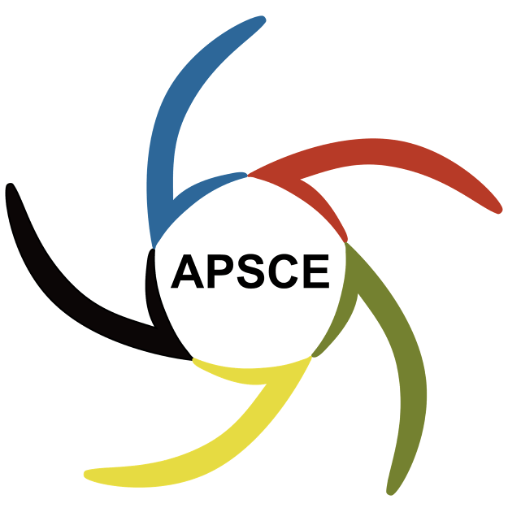

Research and Practice in Technology Enhanced Learning (RPTEL), the official journal of the Asia-Pacific Society for Computers in Education (APSCE), has published over 130 academic research papers since its first issue came out in 2006. Initially, RPTEL was published three times a year by World Scientific Publishing Company (WSPC).
To uphold the objective of the Society—To promote the conduct and dissemination of research employing the use of computing technologies in education within the Asia-Pacific region and internationally, APSCE switched its official journal to an online format for free access for all starting from 2011.
From 2011 to 2014, the journal was published by the APSCE online. As the Society signed a full text license agreement with the EBSCO in 2012, published papers of RPTEL could also be accessed via databases and services offered by EBSCO.
Starting from January 2015, the journal is now published as an “Open-Access” journal by Springer. All articles published in RPTEL are included in Google Scholar, OCLC, and Summon by Serial Solutions. The full text of all research articles is deposited in digital archives including e-Depot (The Netherlands), and is also available on SpringerLink.
The latest articles and the detailed information of the journal can be found in RPTEL official websites at https://telrp.springeropen.com/ (managed by SpringerOpen until 31 December 2022) and http://rptel.apsce.net/ (managed by APSCE since September 2022).
RPTEL is a multidisciplinary refereed journal devoted to disseminating rigorous research on all aspects of the use of technology to enhance learning. The journal seeks to be a catalyst for multidisciplinary dialogue amongst researchers and practitioners worldwide in the fields of learning and cognition, education, and technology, with a view to improving practice and achieving real-world impact in technology enhanced learning.
The journal encourages research from theoretical perspectives, research reports of evidence-based practice as well as praxis research work that focuses on the interface between theory and practice and how each can support the other. In addition, the journal strongly encourages reports of research carried out within or involving countries in the Asia-Pacific region.
The journal embraces all forms of technology that may be used to enhance learning opportunities; it is not restricted to information and communications technologies. All aspects of the technology, from design to construction to implementation and evaluation, are of interest. Research contexts addressed include learning that takes place in schools, universities or colleges, in business or government organizations, as well as in informal learning settings. Learning may take place at the individual, group, organizational or societal level. Analyses of learning may apply at multiple levels.
A key focus of the journal is to seek improvement in our understanding of designing for learning in such a way that the learning designs translate successfully into practice. Hence, empirically grounded evaluations of learning are especially important. A complementary focus of the journal relates to the environmental, social, and cultural contexts within which learning design interacts with and translates into practice.